Turning Off Your Working Location in Google Calendar: A Complete Information
Associated Articles: Turning Off Your Working Location in Google Calendar: A Complete Information
Introduction
With nice pleasure, we are going to discover the intriguing subject associated to Turning Off Your Working Location in Google Calendar: A Complete Information. Let’s weave attention-grabbing info and supply recent views to the readers.
Desk of Content material
Turning Off Your Working Location in Google Calendar: A Complete Information
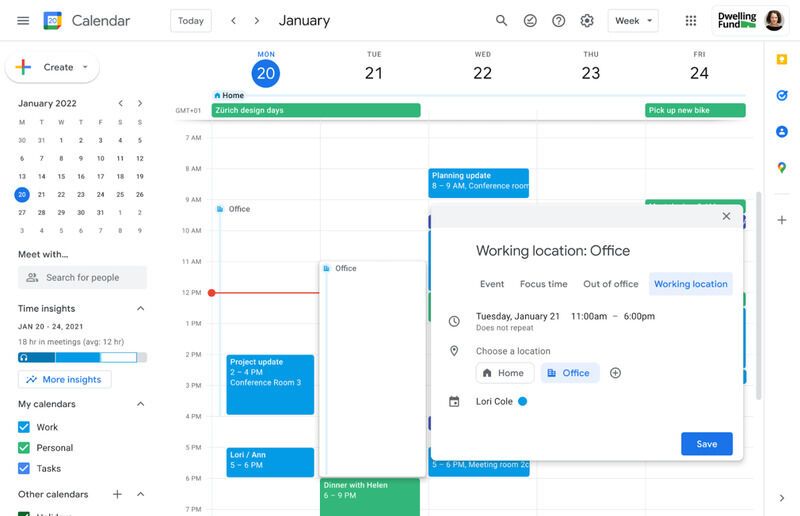
Google Calendar’s location characteristic is a strong device for scheduling conferences, coordinating occasions, and managing your skilled life. Nonetheless, there are occasions when sharing your working location may not be fascinating or crucial. Maybe you are working remotely and like to maintain your house tackle personal, or perhaps you are touring and don’t need your whereabouts broadcast to each invitee. Regardless of the motive, understanding easy methods to disable or handle your working location in Google Calendar is essential for sustaining your privateness {and professional} boundaries. This text offers a complete information, exploring varied strategies, troubleshooting widespread points, and providing different methods for managing your work schedule with out revealing your exact location.
Understanding Google Calendar’s Location Characteristic:
Earlier than diving into easy methods to disable the placement characteristic, it is important to grasp its performance. Google Calendar’s location area means that you can affiliate a particular tackle or place together with your occasions. This info serves a number of functions:
- Assembly Invites: While you add a location, invitees obtain clear instructions to the assembly place. That is significantly helpful for in-person conferences.
- Mapping and Navigation: Google Calendar integrates with Google Maps, permitting customers to simply navigate to the placement utilizing their most popular mapping utility.
- Work Location Integration: For a lot of customers, significantly those that work in an workplace setting, Google Calendar can combine with firm directories and routinely populate the working location for occasions.
- Contextual Reminders: Google Calendar can use location knowledge to set off reminders based mostly on proximity to the occasion location.
Nonetheless, this performance is not all the time desired, particularly within the more and more prevalent distant work surroundings. Sharing your house tackle or precise workspace would possibly compromise your privateness and safety. Subsequently, figuring out easy methods to handle this characteristic is essential.
Strategies to Management Location Visibility in Google Calendar:
There is not a single "off" swap to your working location in Google Calendar. As a substitute, you management location visibility on a per-event foundation or by managing your Google account settings not directly. Listed below are the important thing methods:
1. Omitting the Location Area When Creating Occasions:
The best technique is to easily depart the placement area clean when creating or modifying an occasion. While you create a brand new occasion, you may see a "Add location" area. In the event you do not need to share your location, merely depart this area empty. This can stop the placement from being included within the occasion particulars shared with invitees.
2. Utilizing Generic Places:
As a substitute of offering a particular tackle, you should utilize a extra generic location. For example, as an alternative of "123 Fundamental Avenue, Anytown," you may use "Distant Work" or "On-line Assembly." This offers context with out revealing your exact location. It is a significantly helpful compromise for distant employees who need to point out their work standing with out disclosing their residence tackle.
3. Managing Your Google Maps Location Historical past:
Whereas in a roundabout way associated to Google Calendar’s occasion location, managing your Google Maps location historical past can not directly affect the info accessible to Google Calendar. In the event you’re involved about Google’s entry to your location knowledge, you’ll be able to modify your Google Maps location historical past settings. This may be present in your Google account settings below "My Exercise." Decreasing the quantity of location knowledge saved can restrict the potential for unintended location sharing. Nonetheless, this does not immediately management the placement area inside Google Calendar itself.
4. Utilizing Third-Celebration Calendar Apps:
Think about using a third-party calendar app that provides extra granular management over location sharing. Many apps let you sync with Google Calendar whereas offering extra superior privateness options. These apps typically present choices to utterly disable location sharing or to selectively share location knowledge solely with particular contacts. Analysis varied apps to search out one which fits your privateness wants.
5. Creating Separate Calendars:
For a extra organized method, create separate calendars for work and private occasions. This lets you meticulously handle location sharing on a per-calendar foundation. You possibly can then select to share solely the work calendar with related colleagues whereas protecting your private calendar personal, together with its location knowledge.
Troubleshooting Frequent Points:
Typically, even with the placement area left clean, location info would possibly seem in Google Calendar. Listed below are some potential causes and options:
- Default Location: Test your Google Calendar settings for a default location. If a default location is ready, it would routinely populate the placement area for brand new occasions. Take away any default location to make sure you have full management.
- Integration with Different Apps: Sure apps would possibly routinely add location knowledge to your Google Calendar occasions. Overview the permissions granted to those apps and revoke any pointless entry to your location knowledge.
- Cached Knowledge: Clear your browser’s cache and cookies. Typically, cached knowledge may cause inconsistencies in how Google Calendar shows location info.
- Google Account Settings: Overview your general Google account settings associated to location companies. Be certain that location companies are appropriately managed for Google Calendar and different associated purposes.
Different Methods for Managing Work Schedules:
In the event you’re uncomfortable sharing any location info, take into account these options:
- Standing Updates: Use your communication instruments (e.g., Slack, e-mail) to supply updates in your availability and dealing standing as an alternative of counting on Google Calendar’s location characteristic.
- Assembly Hyperlinks: For on-line conferences, share the assembly hyperlink immediately as an alternative of counting on the calendar’s location area.
- Clear Communication: Talk your choice for not sharing location info together with your colleagues and shoppers. Clear communication can stop misunderstandings and guarantee everybody respects your privateness.
Conclusion:
Whereas Google Calendar’s location characteristic affords useful performance, it is essential to grasp easy methods to handle and management its utilization to take care of your privateness {and professional} boundaries. By combining the strategies outlined on this article, together with omitting location knowledge, utilizing generic areas, managing your Google account settings, and exploring different communication methods, you’ll be able to successfully use Google Calendar with out compromising your private info. Keep in mind that your privateness is paramount, and actively managing your location knowledge is a key facet of accountable on-line exercise. By understanding and implementing these methods, you’ll be able to take pleasure in the advantages of Google Calendar whereas making certain your location stays personal when desired.
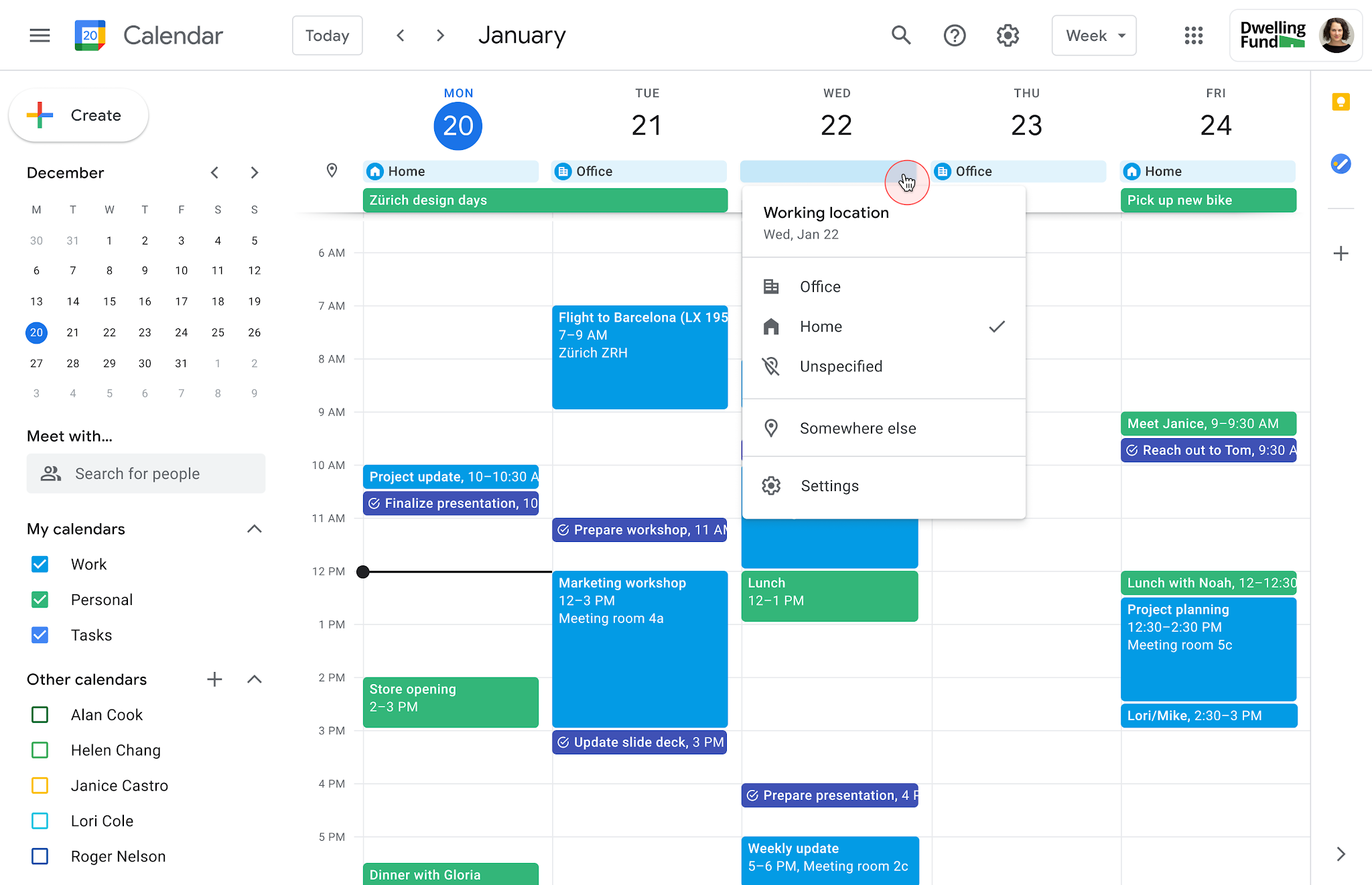
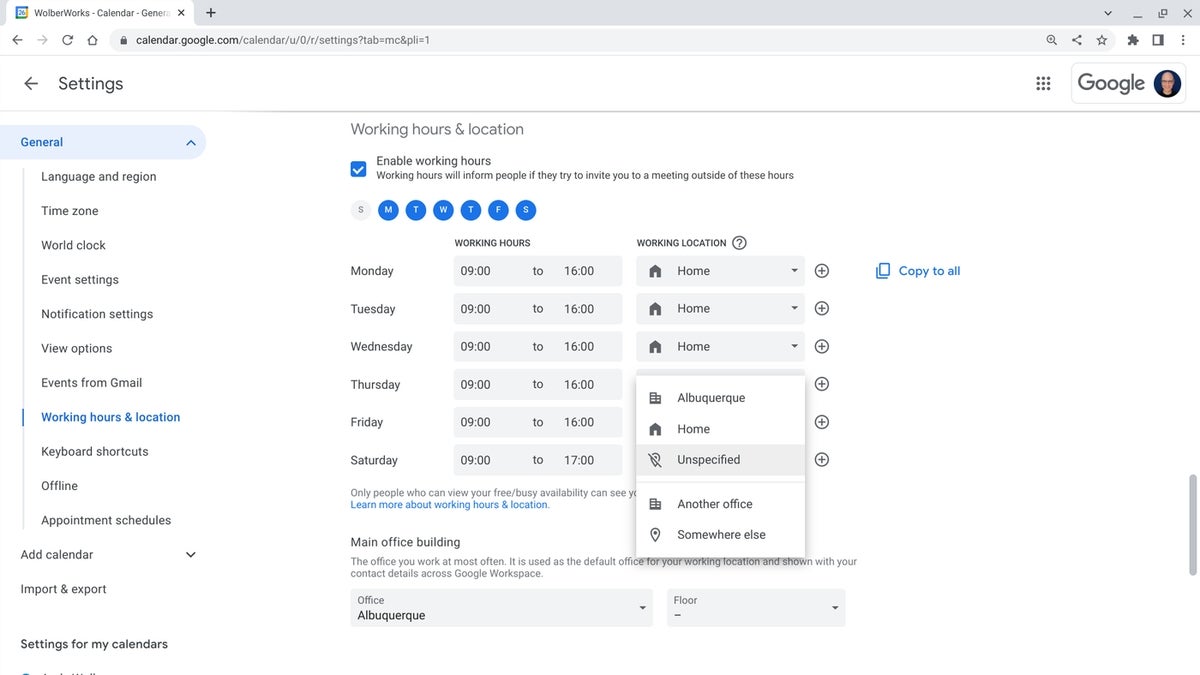
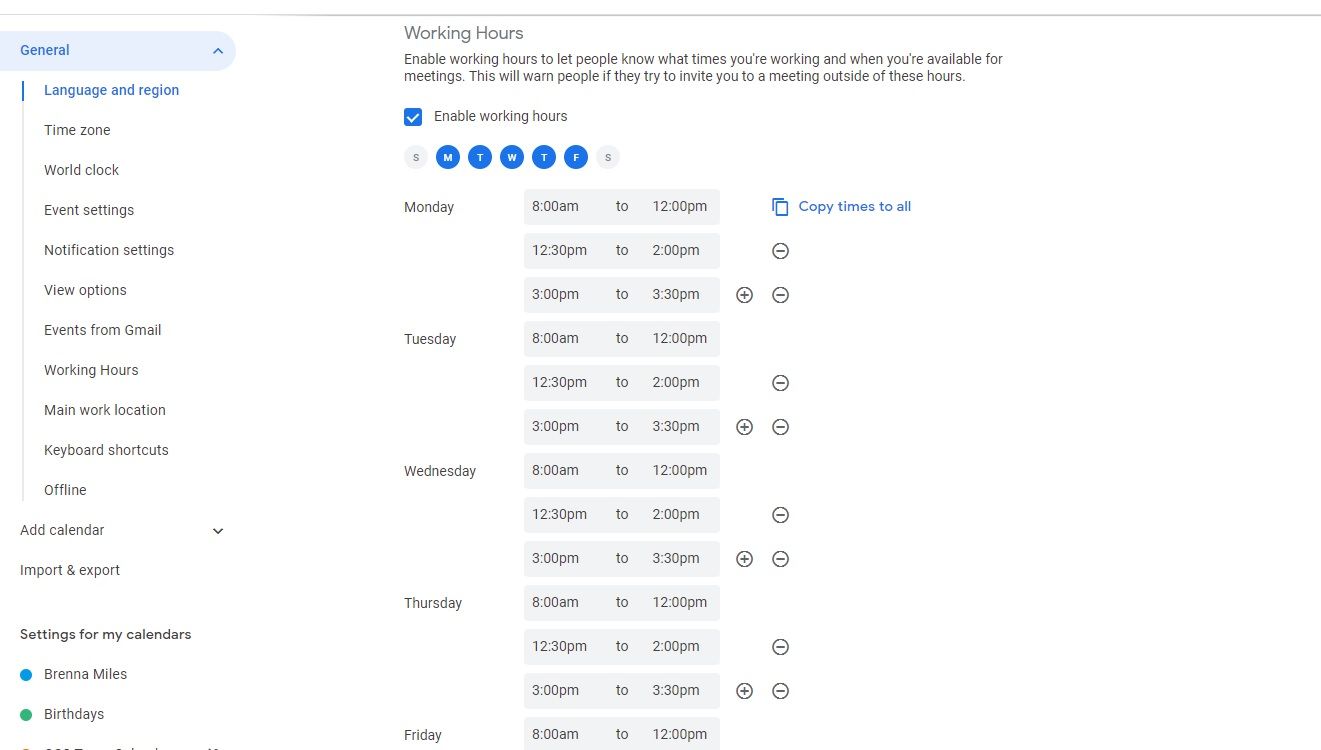
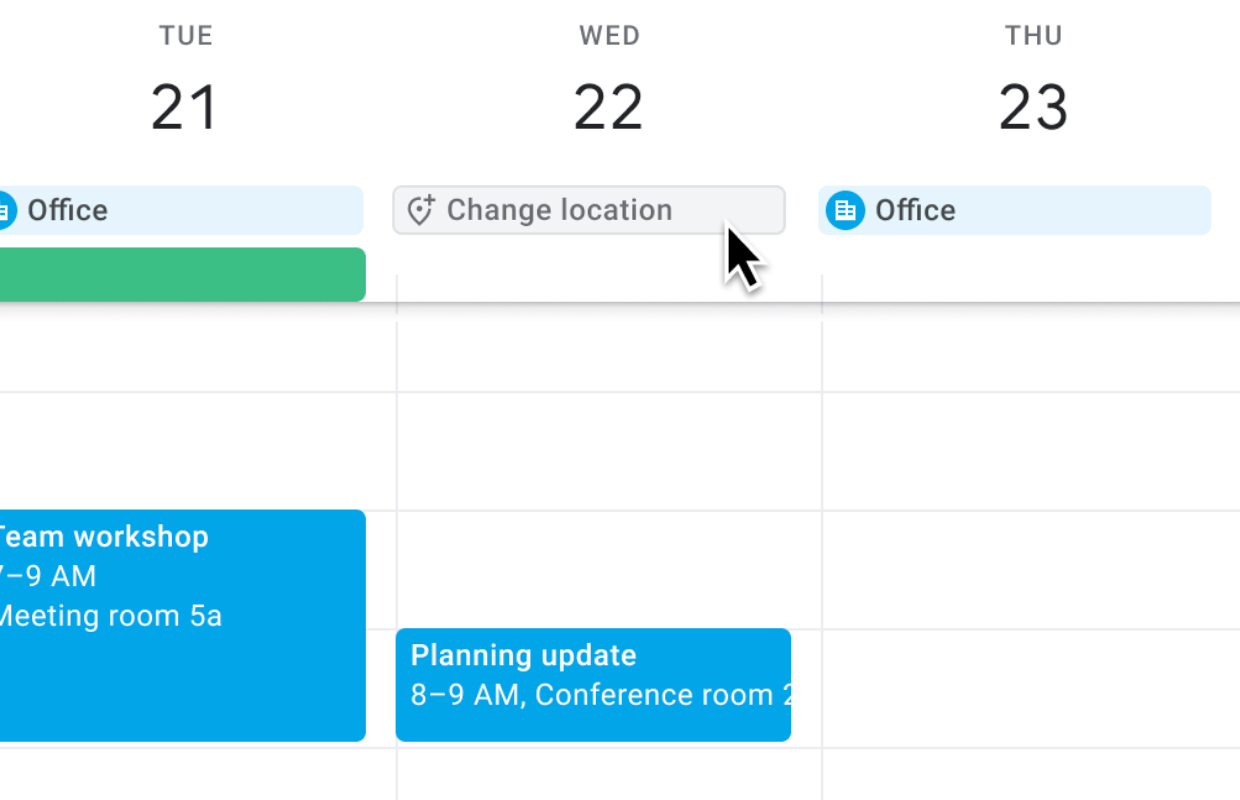
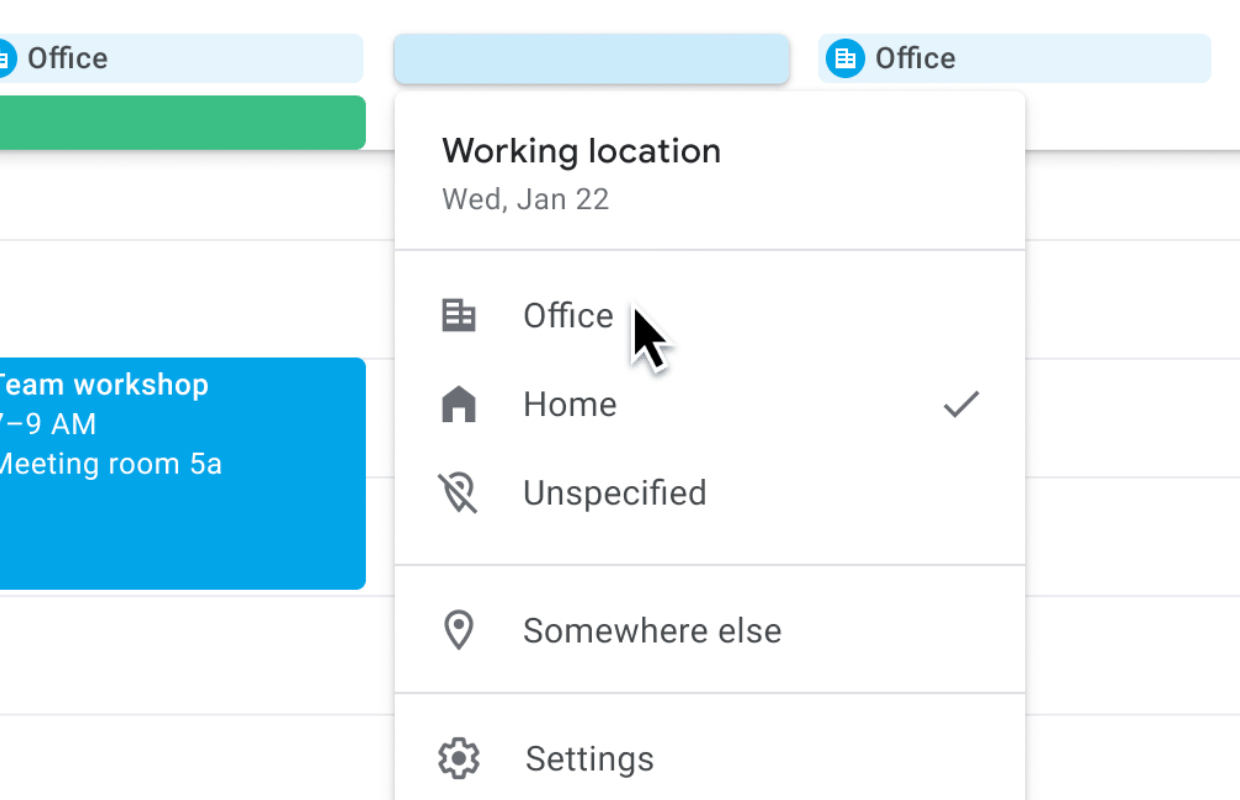

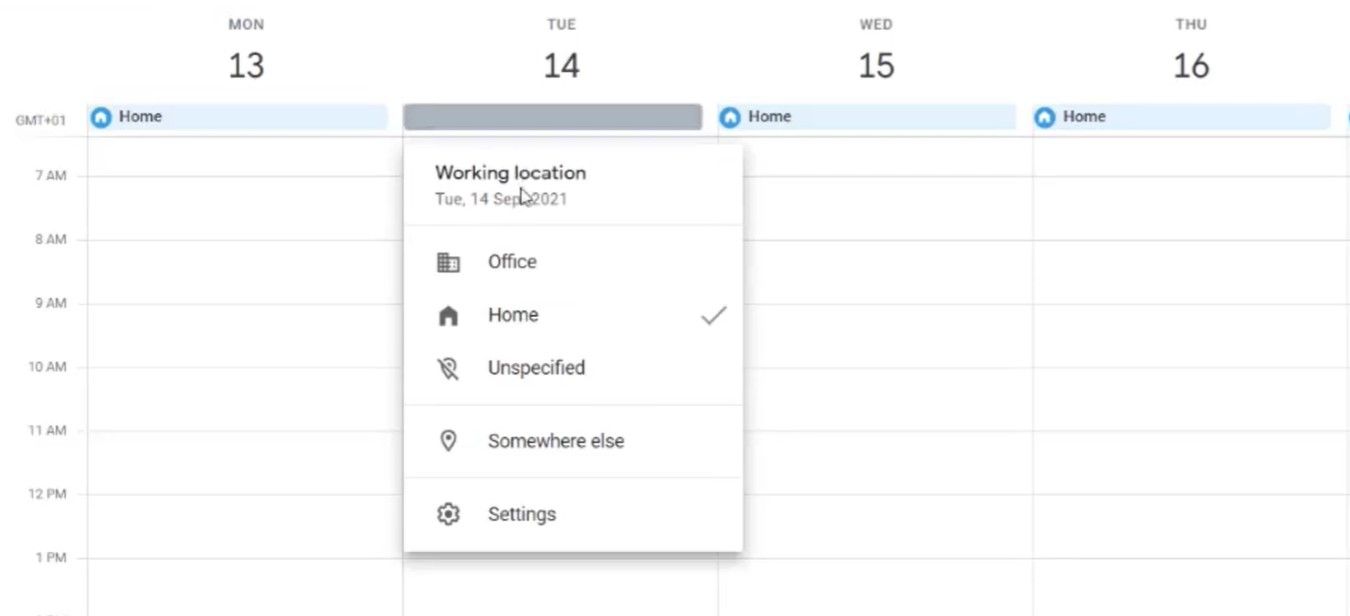

Closure
Thus, we hope this text has supplied useful insights into Turning Off Your Working Location in Google Calendar: A Complete Information. We admire your consideration to our article. See you in our subsequent article!